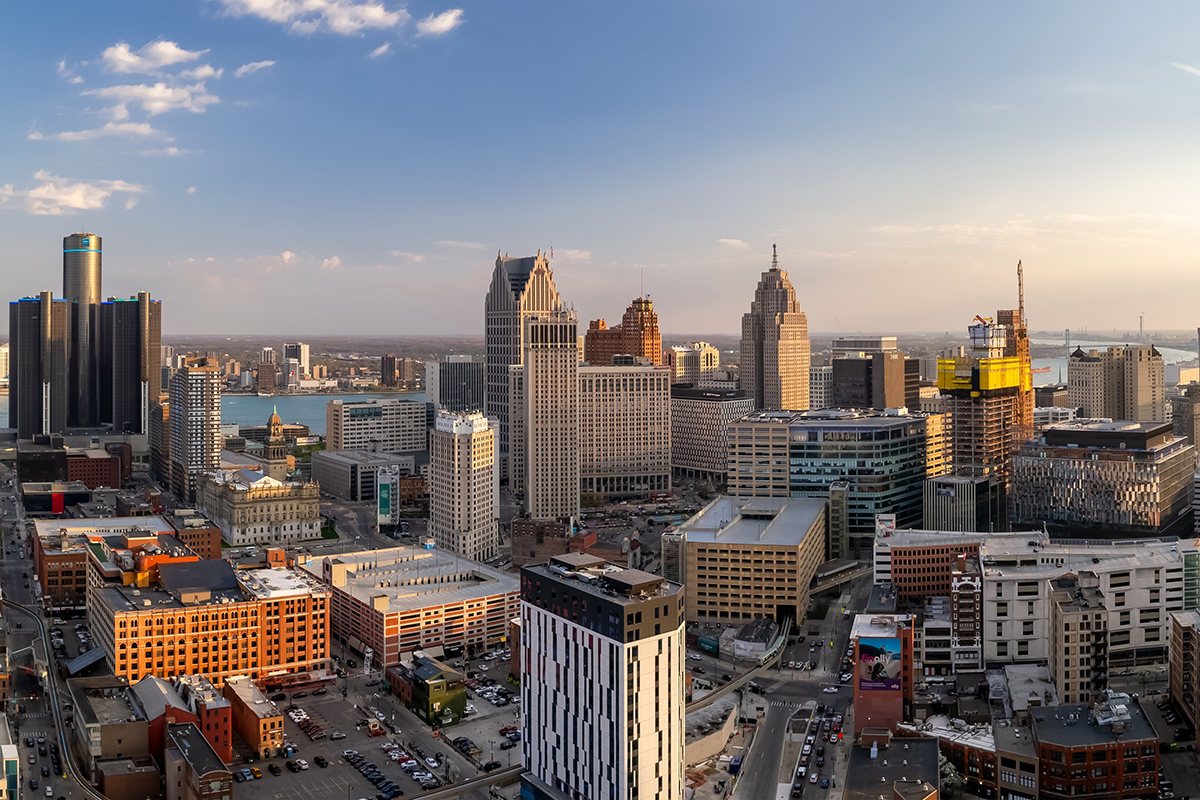The likely struggle of the Hudson’s Detroit project to meet projected Detroit jobs and revenue is the latest large-scale project fueling the debate over the structure of tax-incentivized development.
Gilbert’s Bedrock promised 2,000 new jobs and $71 million in new tax revenue in its controversial bid for the incentive. General Motors’ move from the Renaissance Center to Hudson’s Detroit will affect an estimated 850 positions.
The Ilitch family failed to deliver on new neighborhoods and entertainment districts it promised would sprout around Little Caesars Arena in “District Detroit,” and as a second phase of the project struggles to get started. All told, taxpayers would cover about $1.8 billion, or 64%, of District Detroit’s cost, if it is built out. The Ilitch’s Olympia Development did not respond to a request for comment.
Gilbert finished the mammoth Book Tower renovation, and the much smaller One Campus Martius renovation, but the company and officials have not said how many jobs at either site are new to the city. The Monroe Block project is stalled, and filling the Hudson building with employees already working in Detroit at the Renaissance Center, which will empty its offices, is not what was promised, said Michael LaFaive, an analyst with the Mackinac Policy Center, which tracks corporate subsidies.
Bedrock, Detroit Economic Growth Corporation officials and most of the Detroit City Council members who voted in favor of the Hudson’s incentive did not respond to requests for comment, but a spokesperson for Mayor Mike Duggan said the city’s high level of incentives have on balance been a winner for the city.


